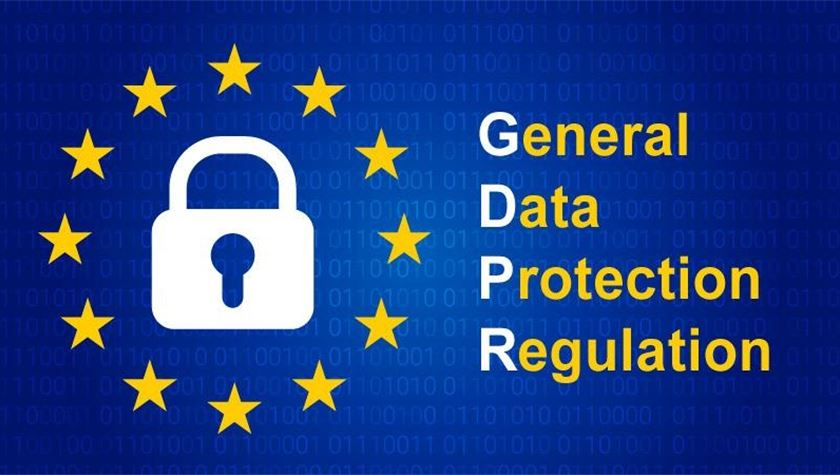Ensuring Data Protection Compliance in 2025
In 2025, data protection remains a crucial priority for businesses operating within the European Union. The General Data Protection Regulation (GDPR) continues to serve as the primary regulatory framework, but technological advancements and the introduction of new laws require companies to continuously update their compliance strategies. This article provides a practical guide for businesses on how to maintain GDPR compliance and stay aligned with the latest regulations.
1. Understanding New Data Protection Regulations
In addition to GDPR, new laws in 2025 impact data management:
- EU Data Act: Effective from September 12, 2025, this law introduces rules on data access, sharing, and portability, focusing on connected devices and the Internet of Things (IoT). Unlike GDPR, which primarily concerns personal data, the Data Act covers both personal and non-personal data, promoting innovation and regulating data sharing between businesses and governments. (trustarc.com)
- Digital Operational Resilience Act (DORA) and NIS2 Directive: These regulations strengthen digital operational resilience and cybersecurity, requiring businesses to implement stricter measures to protect their digital infrastructure.
2. Strengthening Data Protection Policies
Companies must:
- Establish clear data management responsibilities: Appointing a Data Protection Officer (DPO) is often a legal requirement. This role is essential for overseeing data protection strategies and ensuring GDPR compliance. (alation.com)
- Conduct regular audits: Map all personal data held, understanding where it is stored and how it is used. This process is crucial for protecting sensitive information and demonstrating compliance during inspections. (cybersecurity360.it)
3. Implementing Adequate Technical and Organizational Measures
To protect personal data, companies must:
- Adopt up-to-date security measures: Implement advanced data protection technologies, such as encryption and intrusion detection systems.
- Train employees: Ensure all staff members understand their data protection responsibilities and receive continuous training on best practices and regulatory updates.
4. Monitoring and Adapting to Regulatory Changes
The regulatory landscape is constantly evolving. Businesses must:
- Stay informed about legislative updates: Participate in seminars, consult experts, and subscribe to specialized newsletters to keep up with new developments in data protection.
- Adjust internal policies: Regularly review and update data protection policies to align with new regulations and guidelines.
5. Partnering with Specialized Consultants
Given the complexity of data protection regulations, expert support is often necessary. Working with specialized consultants can help businesses:
- Assess their compliance status: Identify gaps and develop an action plan to address them.
- Implement tailored solutions: Develop customized strategies that consider the company’s specific needs and industry requirements.
Maintaining GDPR compliance and adhering to data protection regulations in 2025 requires ongoing, proactive efforts. Companies must adopt an integrated approach that combines regulatory updates, employee training, advanced security measures, and collaboration with industry experts. Only through a well-structured strategy can businesses ensure the protection of personal data and maintain customer trust in an increasingly digital world.







